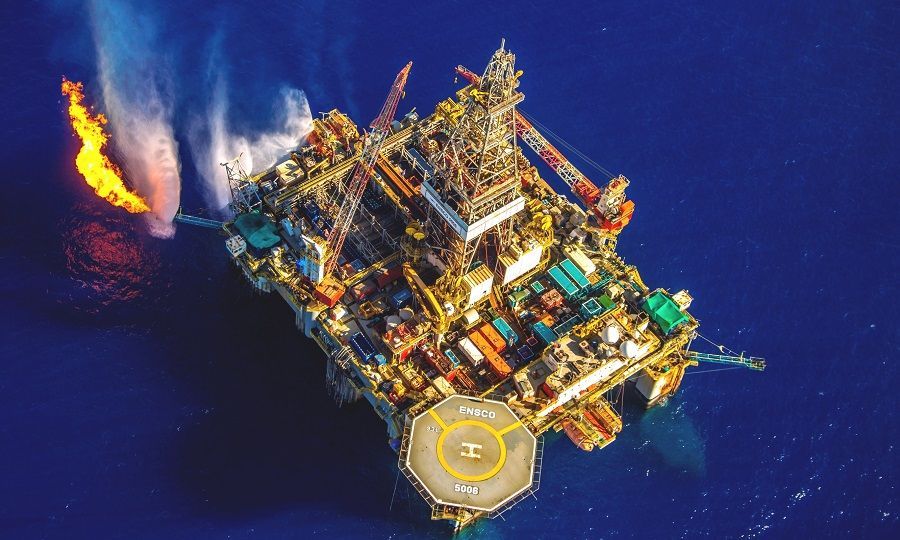Chevron’s director of exploration and production for the Middle East, Africa and South America, Clay Neff, will be in Cyprus on Friday for a slew of meetings with the island’s president and energy minister over talks on the Aphrodite field.
Neff’s visit comes just 24 hours before the negotiation period to resolve a dispute over the updated development plan for the Aphrodite field is set to expire on November 5.
“The current week is decisive, since November 5 is approaching, which is the final day for announcements on whether or not the Republic of Cyprus will accept the proposed amendment to development plan for the Aphrodite field,” Energy Minister George Papanastasiou said earlier this week.
The minister sounded a note of relative optimism brushing aside concerns that Chevron would outright reject the original 2019 plan proposed by Cyprus.
Cyprus’ priority is to secure its own national interest though, understandably, the energy giant wants to cut costs to protect its own, the minister said.
Neff is to meet with President Nikos Christodoulides and Papanastasiou on Friday, the Cyprus News Agency reported.
According to the news source, information from market players which has not yet been confirmed, suggest that a request for a new extension is in the cards, to give more time to hammer out a solution to the dispute.
The Chevron consortium together with Shell Plc and Israel’s Newmed Energy LP have submitted for approval an updated Aphrodite development plan to the state, which provides for connection of the field to liquefaction infrastructure in Egypt, through a subsea pipeline.
This updated proposal was rejected by the government at the end of August, with the contract providing for a 30-day negotiation window to reach a resolution. The negotiation period was then brought forward by another 30 days to the now looming November 5 deadline.
The main bone of contention is reportedly the cancellation of a plan included in the original 2019 development plan to build a floating production unit (FPU) to process the gas (removing water and oil derivatives) before gets piped a 480km distance to the terminal in Idku, Egypt.
At the same time, the updated plan reduces production wells from five to three, resulting in lower production. Estimates point savings of up to €1 billion for the consortium from the revised plan, as compared to an estimated €3.4 billion in costs associated with the 2019 plan.
Nicosia considers that the presence of an FPU would extend the life cycle of the field and optimising production, while its absence would mean lower recovery of quantities and consequently less revenue. Moreover, it views the absence of the FPU as detracting from the flexibility needed to utilise the gas.
In his recent address at the 11th Energy Symposium Papanastasiou said the state is committed to making Cyprus energy independent and insists on investment in infrastructure projects.
However, specialists have raised concern about the potential failure to reach a deal with Chevron.







Click here to change your cookie preferences